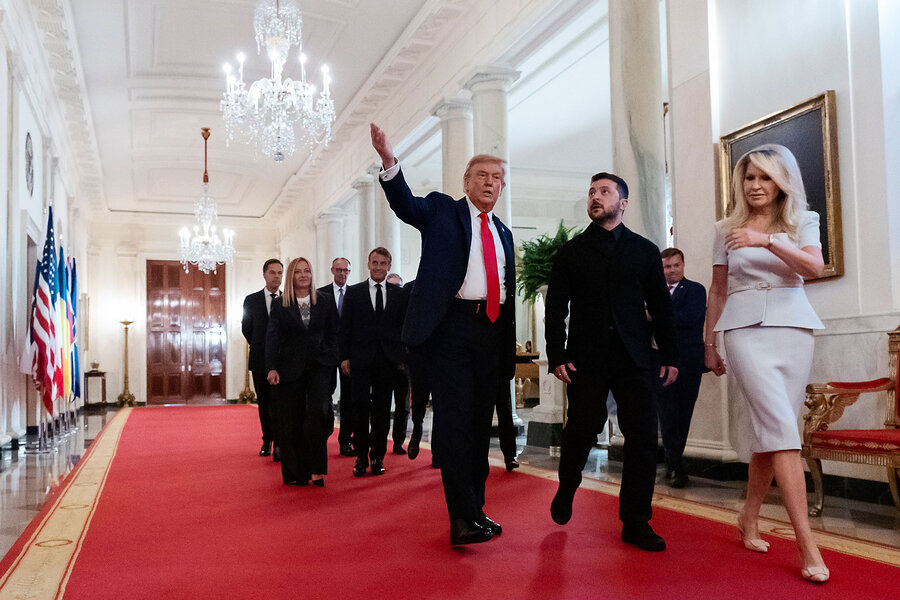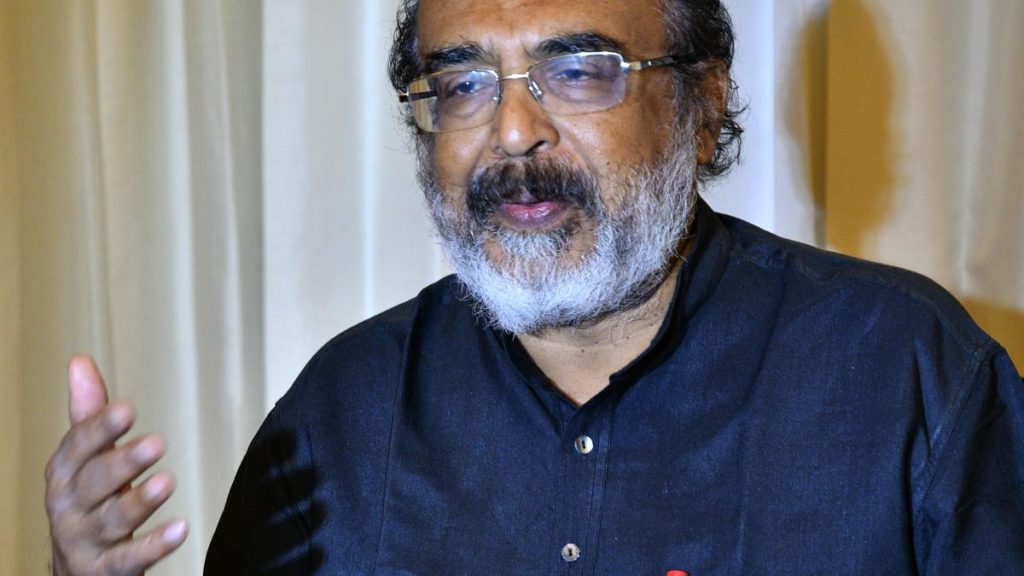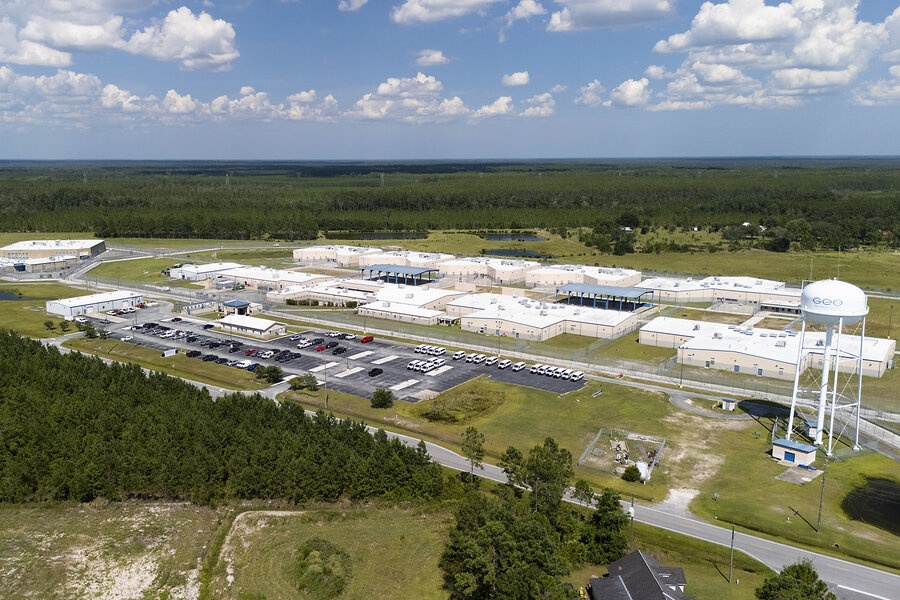Now Reading: Europeans Assert Role in Ukraine Talks at White House
-
01
Europeans Assert Role in Ukraine Talks at White House
Europeans Assert Role in Ukraine Talks at White House

Quick Summary:
- European leaders met at the White House with U.S. President Donald Trump and Ukrainian President Volodymyr Zelenskyy to discuss a resolution for the Ukraine war.
- The gathering, attended by seven key European leaders, emphasized a cohesive European stance in favor of a ceasefire before peace negotiations.
- Attendees included French President emmanuel Macron, German Chancellor Friedrich Merz, British Prime Minister Keir Starmer, and others.
- The European delegation aimed to counter perceived U.S.-Russia efforts for a quick peace deal that may not prioritize Ukraine’s or Europe’s interests.
- Among their demands were security guarantees for Ukraine akin to NATO protections and an insistence on no territorial concessions beyond occupied areas.
- President Trump proposed arranging a trilateral meeting with Zelenskyy and Russian President Vladimir Putin but refrained from committing to any immediate agreements.
- Experts believe an end to the war remains distant despite recent progress toward dialog. References were made to potential “frozen conflict” scenarios similar to Korea’s armistice setup.
- French President Macron warned that weakening on Russia now could lead to further aggression against Europe in the future.
Indian Opinion Analysis:
This multilateral meeting highlights Europe’s increasing assertion as an indispensable stakeholder in resolving global conflicts such as the Ukraine war. While familiar geopolitical frictions between major powers-Russia, the U.S., Europe-play out here, India’s interest lies predominantly in how these outcomes reshape global order.
For India, reinforcing its own independent foreign policy amidst complex conflicts like these can ensure diplomatic neutrality while safeguarding essential partnerships. Nations advocating robust security guarantees mirror India’s challenges managing its borders effectively under constant external threats.This event underlines that balancing national sovereignty with international diplomacy remains critical not only for combatants but also observers like India amid similar strategic complexities globally.

























